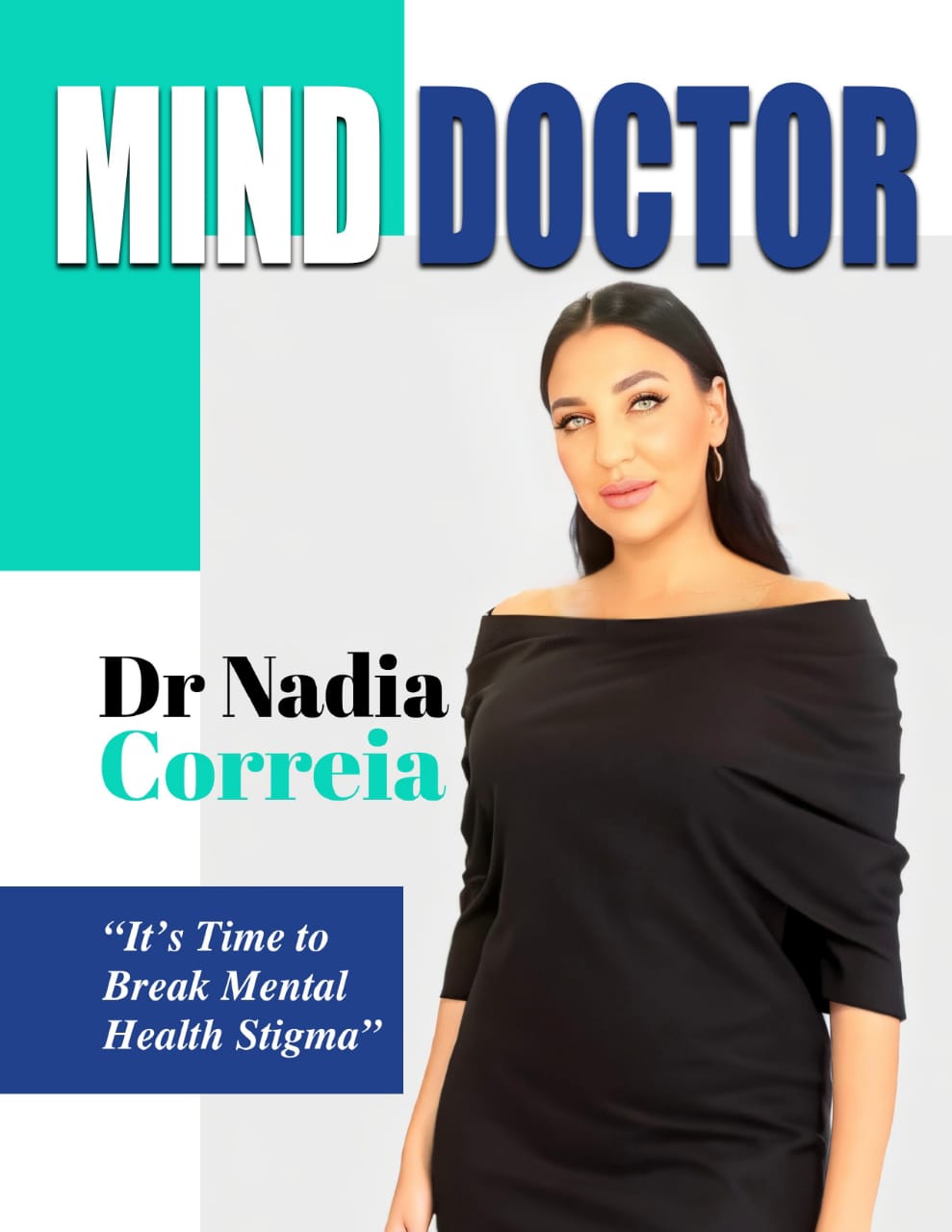Diagnosing Mental Illness in Young Minds
Practitioners of clinical neuropsychology are in the midst of fierce debate about kids and mental illness. No one is denying that there are some troubled kids out there, but many people do not think a diagnosis can be made on a developing mind. Clinicians also do not fully understand the relationship between childhood mental health issues and one’s in adulthood.
With certain disorders, such as major depression and generalized anxiety, the neuropsychological evaluation requires a lot of questions by a physician to a patient. These questions are deeply personal and are designed to find the cause and breadth of depression or anxiety. Often times children do not know how to answer questions in such a neuropsychological evaluation. Although neuropsychological testing is being tailored for kids, many people have doubts about the efficacy of treating depressed children in the same way depressed adults are treated. Although there is a link between childhood depression and depression later in life, some kids do outgrow the problem. If you suspect a child may be depressed, an evaluation for depression is a good place to start –though you should find a clinician trained in dealing with kids.
The New York Times recently published an article about kids who are suspected to be suffering from psychopathy. Psychopathy is a serious diagnosis, one that is highly stigmatized and linked to a host of other issues later in life such as violence, drug abuse, and incarceration. Many parents shudder at the very thought of having their child labeled a psychopath. The pediatric neuropsychology world also hesitates to make such a diagnosis, though some children display psychopathic traits.
The problem with diagnosing children is their lack of an ability to reflect on their thoughts and emotions. While there are a few psychopathy tests for adults, there are none yet for kids. Many of the signs exhibited by these troubled kids could also be signs of conduct disorders, ADHD, and a host of other diseases.
When it comes to treatment, many people are at a loss, though progress is being made daily. New studies seek to understand the relationship between adulthood and childhood disorders so that children can be set on the path to mental health. Many drugs commonly used to treat mental disorders are not tested on those under the age of 18, so many doctors will not prescribe them. Talk therapy, behavior modification, and family therapy are all promising treatment options.
Cognitive-Assessment.com specializes in clinical neurospsychology and offers neuropsychological assessment.



